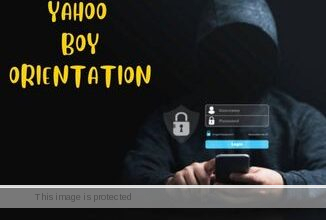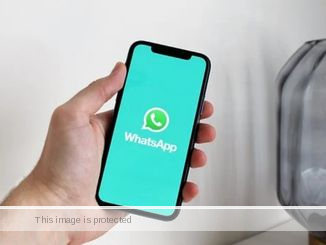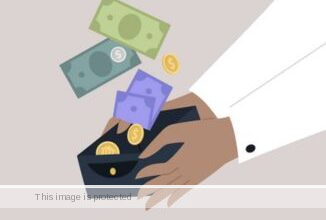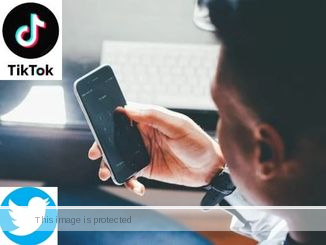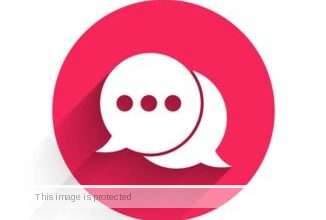Online Banking Format for Yahoo (What Nobody is Telling You)
People keep searching for the fake online banking billing format for Yahoo client.
The goal of this post isn’t to explain the strategies on how this format works to help you in a bigger way to avoid and not lose your money to scams online.
Getting started…
Online Banking Format for Yahoo
Lot of people lose millions of dollars yearly to fraudsters using wire transfers as part of their scams.
Presently, scammers take advantage of victims by convincing them to wire money to them or their partners via Western Union, MoneyGram and similar businesses that allow one to send money quickly.
And once they do, it’s usually gone for good.
The most important thing for you to remember is this: Never wire money to someone you haven’t known for a long time.
Online Banking Formats for Yahoo Scam
1. Fake Online Sellers and Buyers
- Scammers browse online classifieds for potential victims.
- They contact those advertising cars, electronics or just about anything of value, pretending to be an interested buyer.
- Payment arrives as a counterfeit check – often for more than the sale price.
- You are instructed to wire the extra amount to a third party or reimburse the difference.
- Scammer will claim the wired money is payment for an intermediary to ship the item.
- Other times, they may send a check for the correct amount, then back out of the deal and ask for a refund.
2. Fake Lotteries
- You receive a message showing you’ve won a big prize and a check.
- You’re told to keep some of the money and send a wire transfer to cover a “processing fee”.
- If you send the money, you never see your prize.
3. Phishing
- Bank websites can be cloned by criminals.
- These sites use a similar address to the genuine bank website and use it to trick customers.
- Fraudsters send emails and text messages that pretend to be from a bank.
- From a spam email, you’re encouraged to click the link to fix the problem or else your account will be suspended.
- If you click the link, though, you go to a fake version of the bank’s website.
- When you then “log in,” you’re actually providing your name, online banking passwords, PIN, or account or card details on the fake websites to the scammers who are fishing for your login information, so they can steal your identity and make your life miserable.
If you’re sending money using an account number someone has sent you by email, call them to double-check it’s correct and hasn’t been intercepted.
How to Protect Yourself from Online Scams
- Always remember that a bank will never email to ask for your personal information or account details.
- As an online buyer, question any seller who insists on using a particular form of payment and refuses requests to wire money.
- As an online seller, only accept payment for the actual purchase price. When possible, accept only cash.
- Be discreet with your PIN, look for signs of tampering on ATMs, check your credit card statement, and report any suspicious activity.
- Carefully check the address of the bank website you are using. Look for subtle differences, especially if you clicked through to it from an email that could be spam.
- Don’t pay for the promise of mere loan or credit approval. Legitimate lenders may charge application, appraisal, or credit report fees, but these are paid after the loan is approved and are paid out of the proceeds of the loan.
- If you accept a check, ask for one drawn on a local bank that you can visit to determine conclusively that the check is good.
- If you think an unusual email could be from your bank, phone them to ask about it. Use the number on your card, bank statement or in the phone book, rather than a number in the email.
- Never accept a mystery shopping job that requires a wire transfer or one that requires that you pay money or use your own bank account.
- Never give out your bank account or credit card details unless you are certain of who you are dealing with. If you have already given the fraudsters this information, tell your bank immediately.
- Never pay or send money to anyone who claims you won a prize.
- Treat all unsolicited calls, emails, and texts with caution.
- You can tell at a glance that fake phishing emails because they’re filled with misspellings, typos, and the wording of a non-native English speaker.
READ ⇒ How to Start Palm Oil Business in Nigeria and Earn ₦3m Monthly

